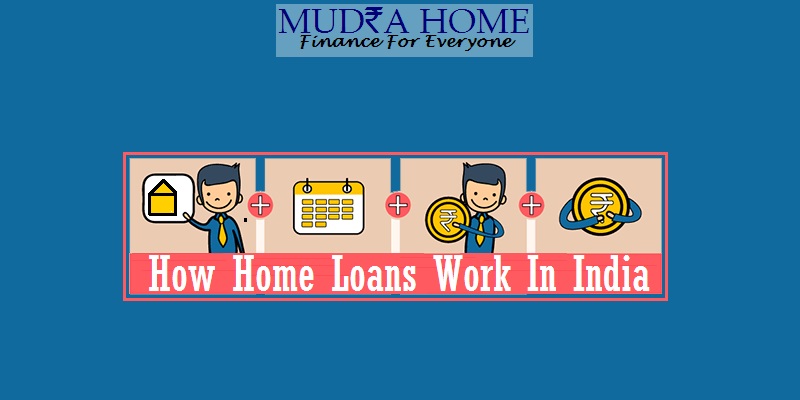
With the strong stand all over the world of being a developing country, India is moving and balancing a stable economic growth. While trying to be stable the country also has to face a lot of changes that brings fluctuations in the prices of different commodities being used by the consumers. The property or the real estate sector is one of them where consumers face lot of challenges while buying and selling their properties.
This is how home loans come into the picture where almost every prospective home buyer applies for a home loan to buy a residential property. It is an important decision for the life and requires a huge financial investment it. In order to go through the complete process easily, you should have a clear understanding of the lending industry in India. All the Private Banks, Public Sector Units (PSUs), Non-Banking Financial Companies (NBFCs) and Foreign banks offer home loans and other financial products. The norms governing home loans are different from lender to lender, but the basic criteria for lending loans are almost the same for everyone.
The experts from Mudra Home has taken a step forward to tell you how home loans work in India.
Last but not the least, if you think that to avail the home loan you only have to bear the cost of rate of interest then you are mistaken. You need to learn and research about the additional cost of the loan while comparing the interest rate and the total cost of your loan among all the lenders. The other charges being charged towards your home loan are Processing fee, CERSAI (Central Registry of Securitisation Asset Reconstruction and Security Interest) charges, conversion and administration fee, late payment and pre-payment charges etc. It need sense to take a financial decision considering all the overheads related to your home loan.